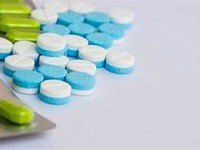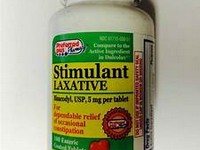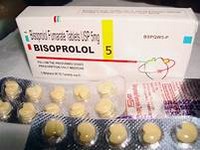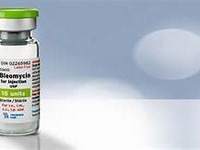Lorazepam
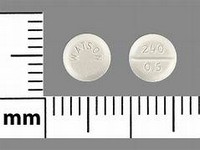
Lorazepam
CLINICAL USE
Benzodiazepine:Short-term use in anxiety or insomnia Status epilepticus PerioperativeDOSE IN NORMAL RENAL FUNCTION
Anxiety: 1–4 mg daily in divided doses Insomnia associated with anxiety: 1–2 mg at bedtimeAcute panic attacks: (IV/IM): 25–30 mcg/ kg; repeat 6 hourly if required; usual range 1.5–2.5 mgStatus epilepticus: 4 mg IV repeated once after 10 minutesPHARMACOKINETICS
DOSE IN RENAL IMPAIRMENT
GFR (mL/MIN)
DOSE IN PATIENTS UNDERGOING RENAL REPLACEMENT THERAPIES
IMPORTANT DRUG INTERACTIONS
Potentially hazardous interactions with other drugsADMINISTRATION
Reconstition
Route
Oral, IV, IM, sublingualRate of Administration
Slow IV bolusComments
Onset of effect after IM injection is similar to oral administrationIV route preferred over IM route Dilute 1:1 with sodium chloride 0.9% or water for injectionCan be used undiluted. (UK Critical Care Group, Minimum Infusion Volumes for fluid restricted critically ill patients, 3rd Edition, 2006)OTHER INFORMATION
Patients with impaired renal or hepatic function should be monitored frequently and have their dosage adjusted carefully according to response. Lower doses may be sufficient in these patientsLorazepam as intact drug is not removed by dialysis. The glucuronide metabolite is highly dialysable, but is pharmacologically inactiveIncreased CNS sensitivity in patients with renal impairment.
See how to identify renal failure stages according to GFR calculation
See how to diagnose irreversible renal disease
Home
